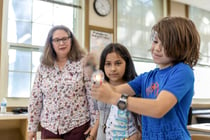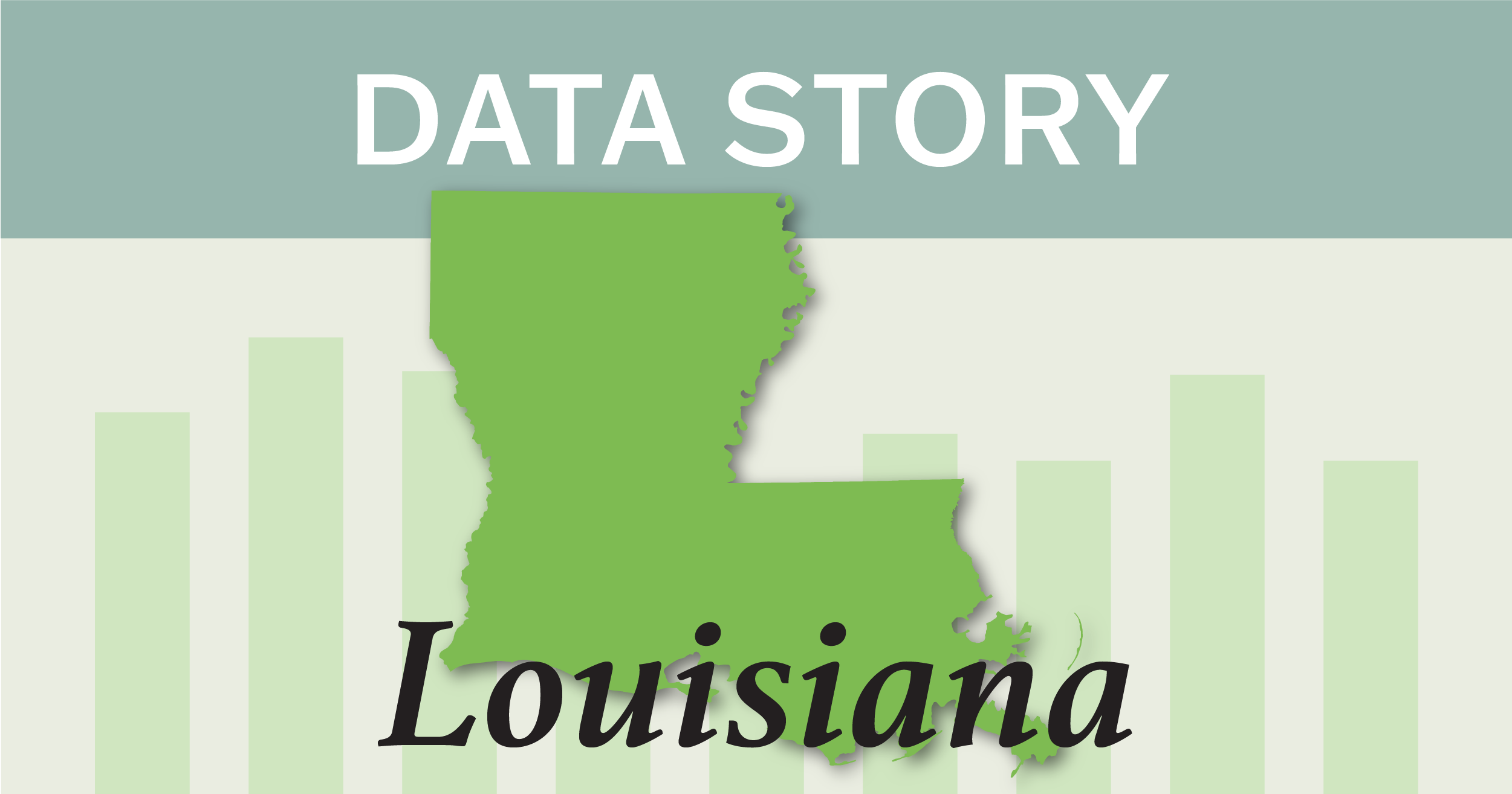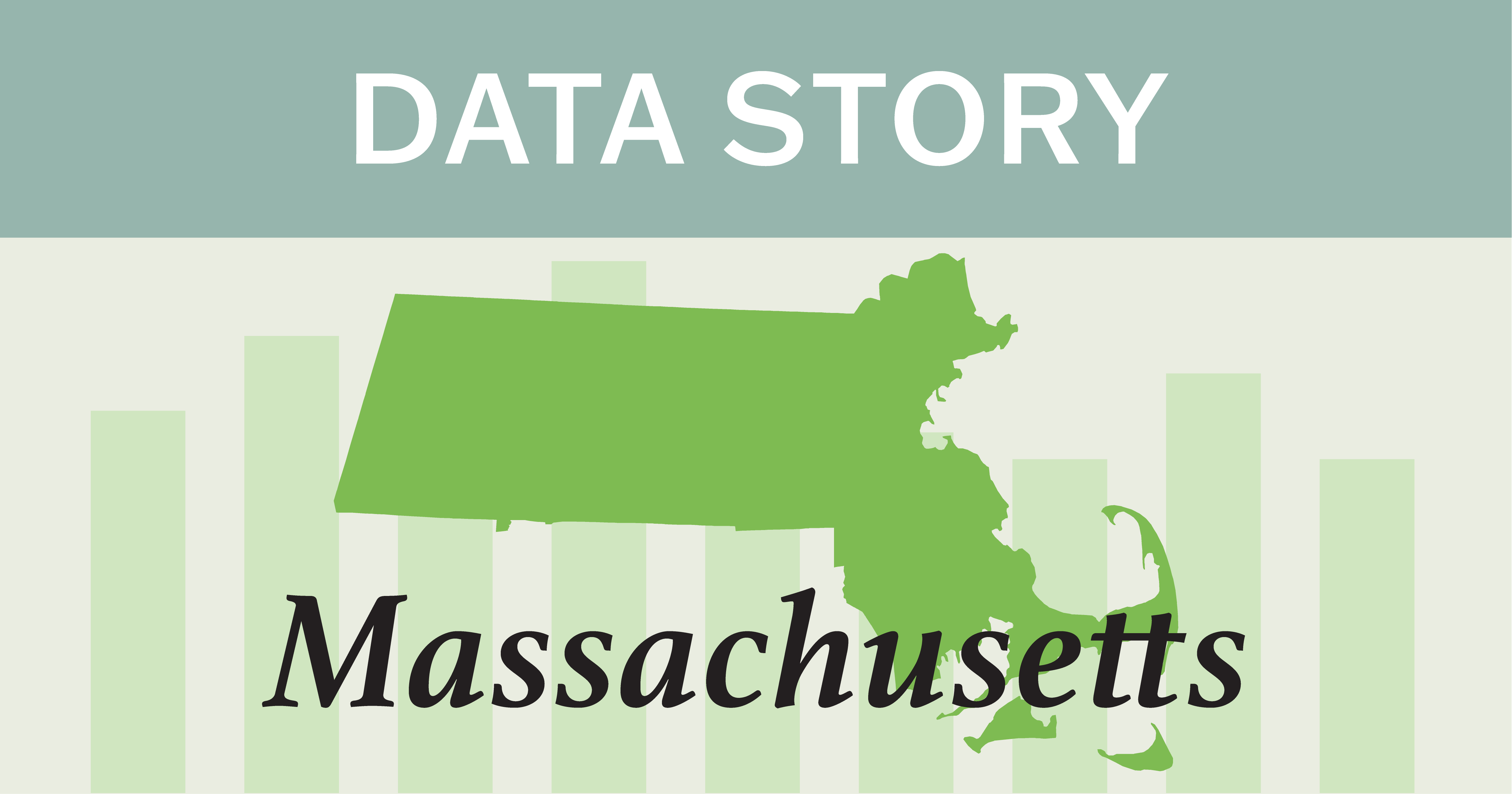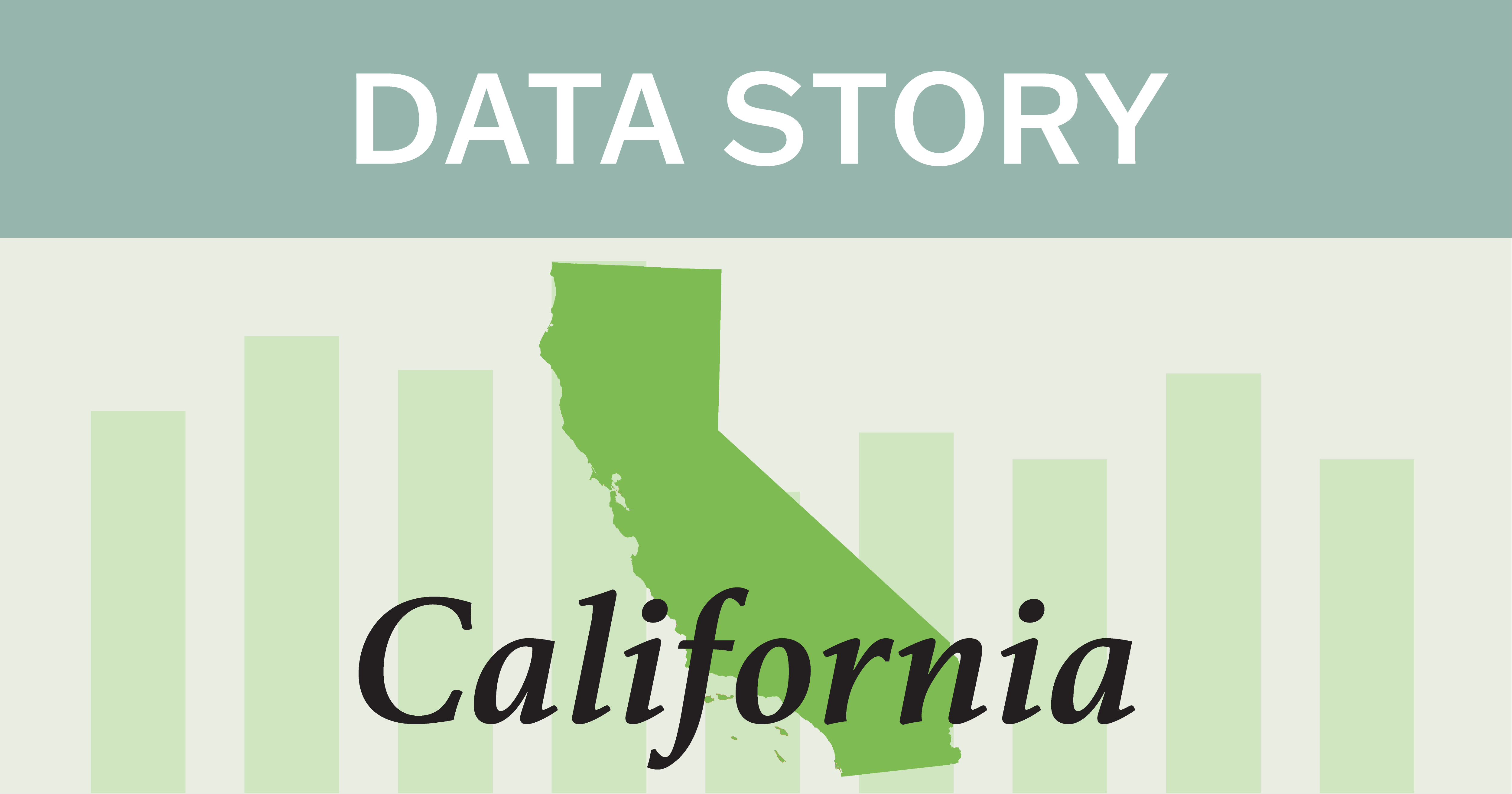Posted in: Aha! Blog > Eureka Math Blog > Professional Development Data Stories Student Achievement > Iberia Parish (LA): Three years of impressive gains
Iberia Parish Public Schools (LA), now in their fourth year of using Eureka Math®, continue to make impressive gains in student achievement in all grades. The district has 14,000 students attending 25 schools.
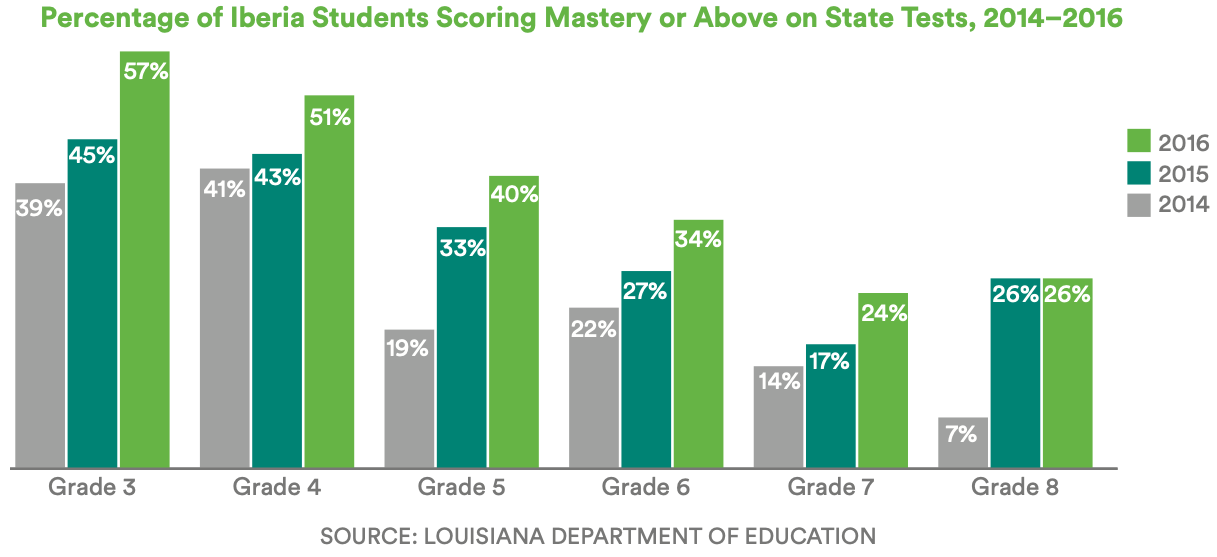
We asked Carey Laviollete (Assistant Superintendent) and Liz Arcement (District Math Coach) to share insights into their district’s practices and challenges.
WHAT’S NEW THIS YEAR?
 Carey: Students are performing better and learning more. I recently saw two fifth graders discussing different approaches for solving a math problem. One said, referring to well- known strategy, “It would be easier this way.” The other said, “But the result would be clearer if we did it with this strategy.” Conversations like this would have been unheard of a few years ago.
Carey: Students are performing better and learning more. I recently saw two fifth graders discussing different approaches for solving a math problem. One said, referring to well- known strategy, “It would be easier this way.” The other said, “But the result would be clearer if we did it with this strategy.” Conversations like this would have been unheard of a few years ago.
Liz: Teachers have more buy-in. We spent the first two years helping them understand the content such as tape diagrams and area models. Now, teachers are seeing the results.
"Tell the truth about the struggles that students will have at the beginning. But stick to it. You'll start getting results in the first year."
— Carey Laviollete, assistant superintendent
Carey: Another thing that’s helped tremendously is that teachers started working last year to create our own mid-module and end-of-module assessments. Our old outside benchmark assessments weren’t aligned to the state test, which frustrated teachers. So we looked at PARCC, Smarter Balanced and the state tests to develop our own. That’s really helped turn the tide with teachers because now they have a better idea of what interventions to use.
WHAT CHALLENGES REMAIN AND HOW ARE YOU WORKING TO SOLVE THEM?
Carey: One of our major challenges this year is ensuring fidelity to the curriculum. Through Learning Walks [a form of classroom observation], we’re seeing some teachers getting a little too comfortable pulling in fragmented outside resources. That doesn’t allow the depth of the curriculum to be taught. We need to make sure that teachers don’t lose sight of the value of the scaffolding in this curriculum. We need to address any learning gaps with aligned resources, not by using a hodge-podge of irrelevant outside materials.
HOW ARE YOU STRIVING TO IMPROVE AS A DISTRICT?
Liz: The teachers are receptive as we encourage them to grow as educators. Our coaches keep visiting their classrooms, always two of us, observing and making comments. If teachers have questions, they can always go the coaches.
Carey: The district staff conducts professional development several times a year and conducts Learning Walks at selected schools. Supervisors and coaches provide additional teacher support all year long.
WHAT CHALLENGES DO YOU SEE AHEAD?
"Teachers have more buy-in. We spent the first two years helping them understand the content such as tape diagrams and area models. Now, teachers are seeing the results."
— Liz Arcement, math coach
Carey: We don’t like to see the decline in performance as students reach upper grade levels. Last year our 3rd graders, which are the first students to have had Eureka Math since first grade, had an assessment index score of over 100. Now they’re in 4th grade and we need to make sure they don’t slip. We need to hold students to the same level of rigor and performance as they progress through each successive grade level.
Liz: All grades still have an issue of moving more students from
the Mastery to Advanced Performance level. We’re working on this.
HOW ARE YOU HELPING TO CLOSE LEARNING GAPS FOR STUDENTS WHO HAVEN’T HAD EUREKA MATH FROM THE START?
Liz: The curriculum has strategies built in, and the state has a remediation guide with useful resources. The main thing to remember is not to stop teaching the curriculum for long periods of time while we’re doing remediation. Teachers need to just keep going at a steady pace and students will catch up.
HAVE YOU NOTICED ANY DIFFERENCE WITH PARENTS SINCE 2014?
Carey: Oh, yes. We used to have a lot of pushback. However, we used a lot of resources from Lafayette (LA) and Oakdale (CA), which have been very helpful. Parents now are a lot more comfortable with
the resources and are seeking them out. It took awhile, but it’s gotten much better. I haven’t received a parent call in two years.
WHAT ADVICE WOULD YOU GIVE TO DISTRICTS STARTING TO IMPLEMENT?
Carey: Give the best PD and teacher support that you can. Work with the parents. Don’t pull any punches. Tell the truth about the struggles that students will have at the beginning. But stick to it. You’ll start getting results in the first year.
None of the results from Eureka Math would have been achieved if not for the dedication and perseverance of the teachers, administrators, and district staff.
Submit the Form to Print
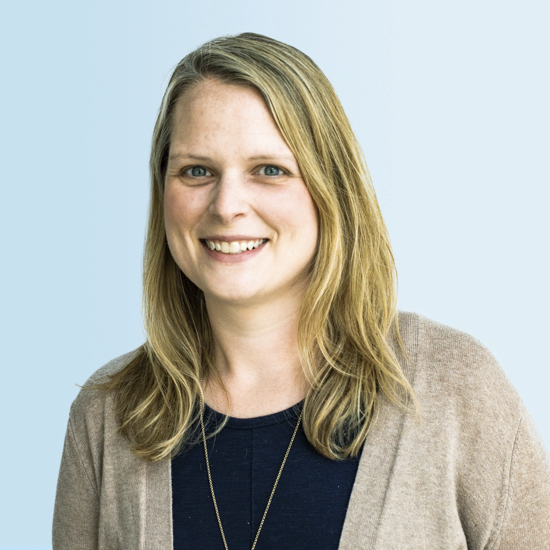
Jenny Taylor
Jenny has over a decade of experience in education policy and research. She has worked with states and districts on the development and implementation of college and career readiness policies, especially around the implementation of rigorous standards and high-quality instructional materials. She has extensive knowledge about K–12 standards, graduation requirements, assessments, and accountability systems nationwide. Additionally, she has conducted research for school districts to address pressing needs in those districts. Jenny received her B.A. in English and education from Bucknell University and her M.Ed. in education policy from the University of Pennsylvania Graduate School of Education.
Topics: Professional Development Data Stories Student Achievement

